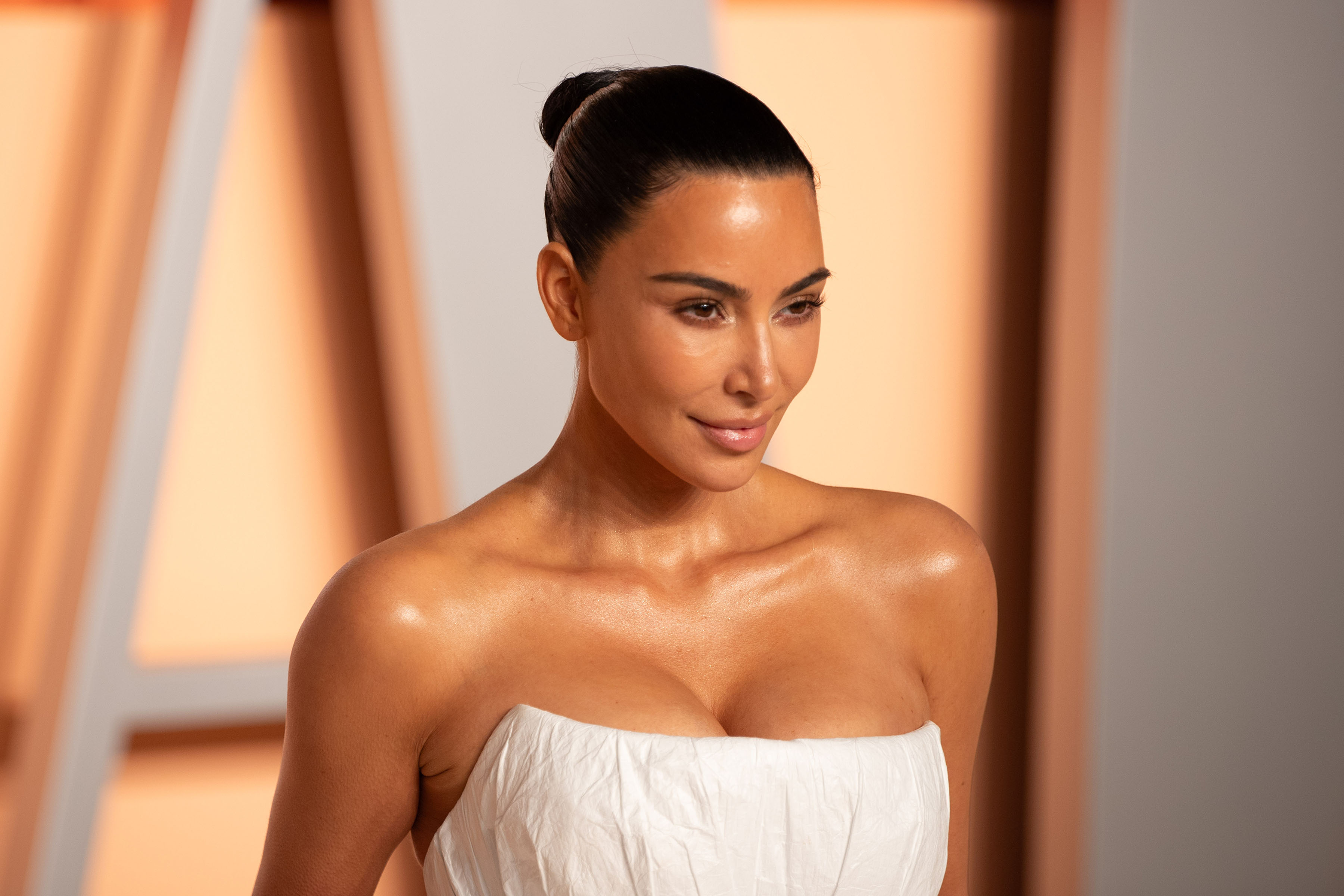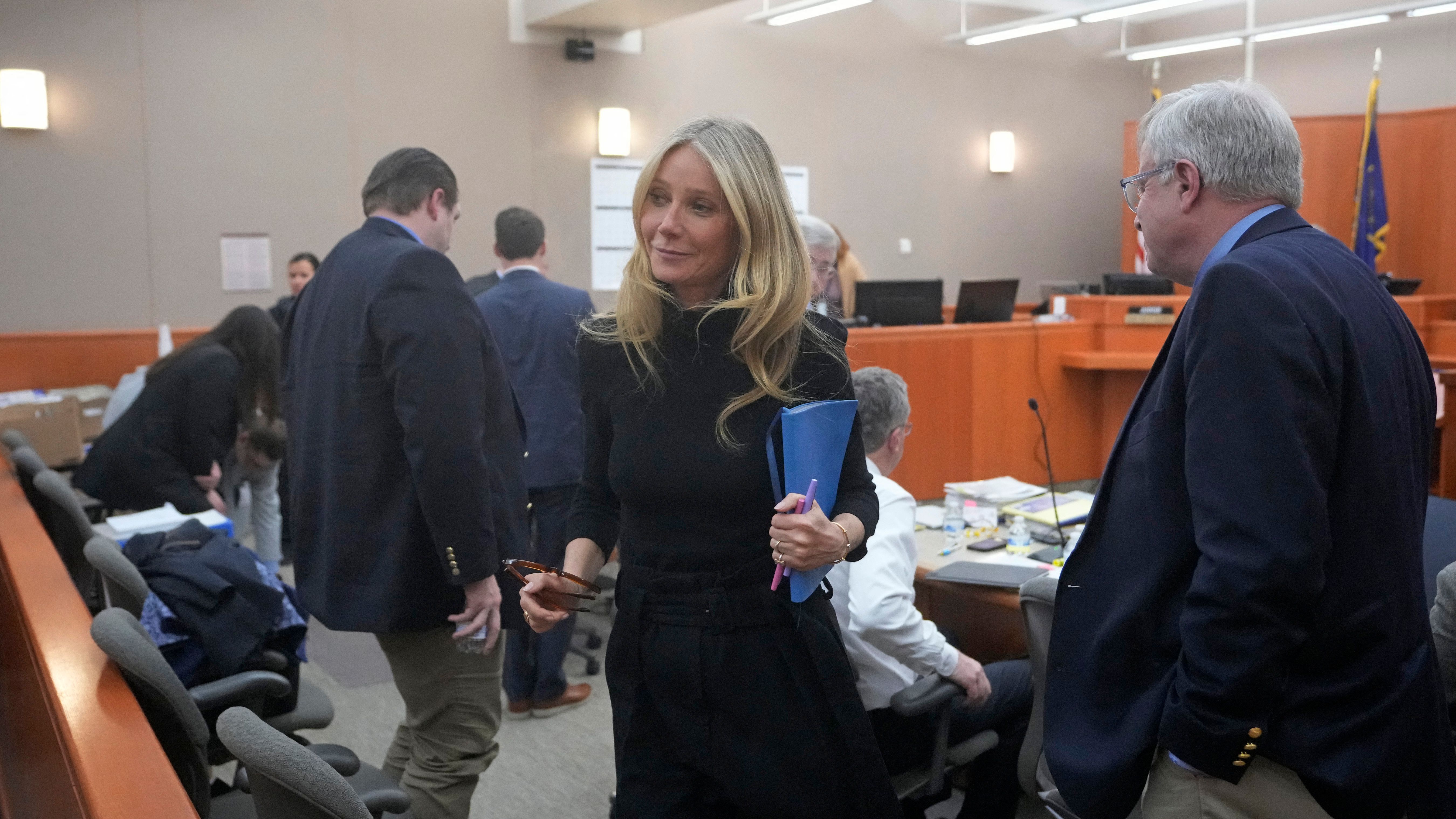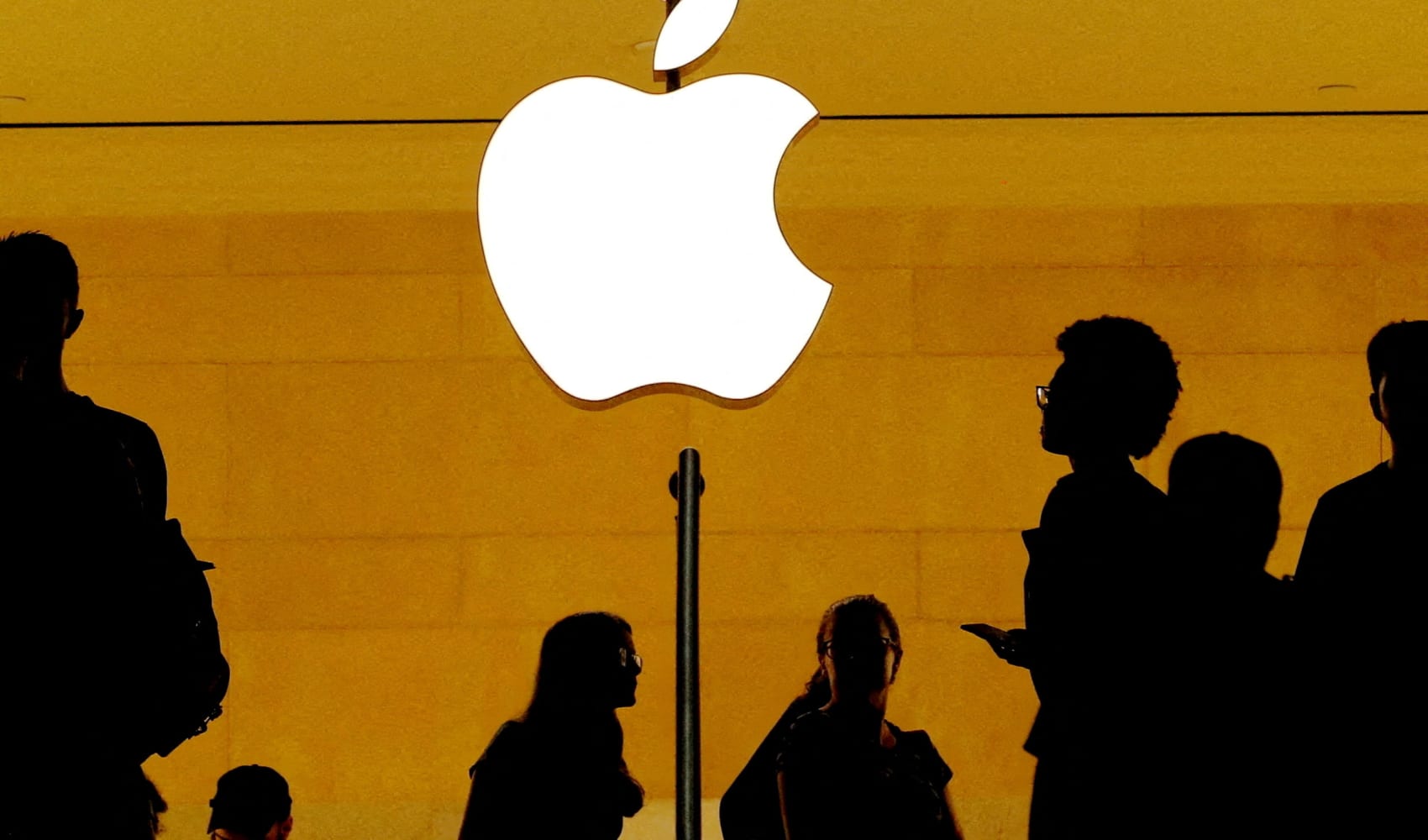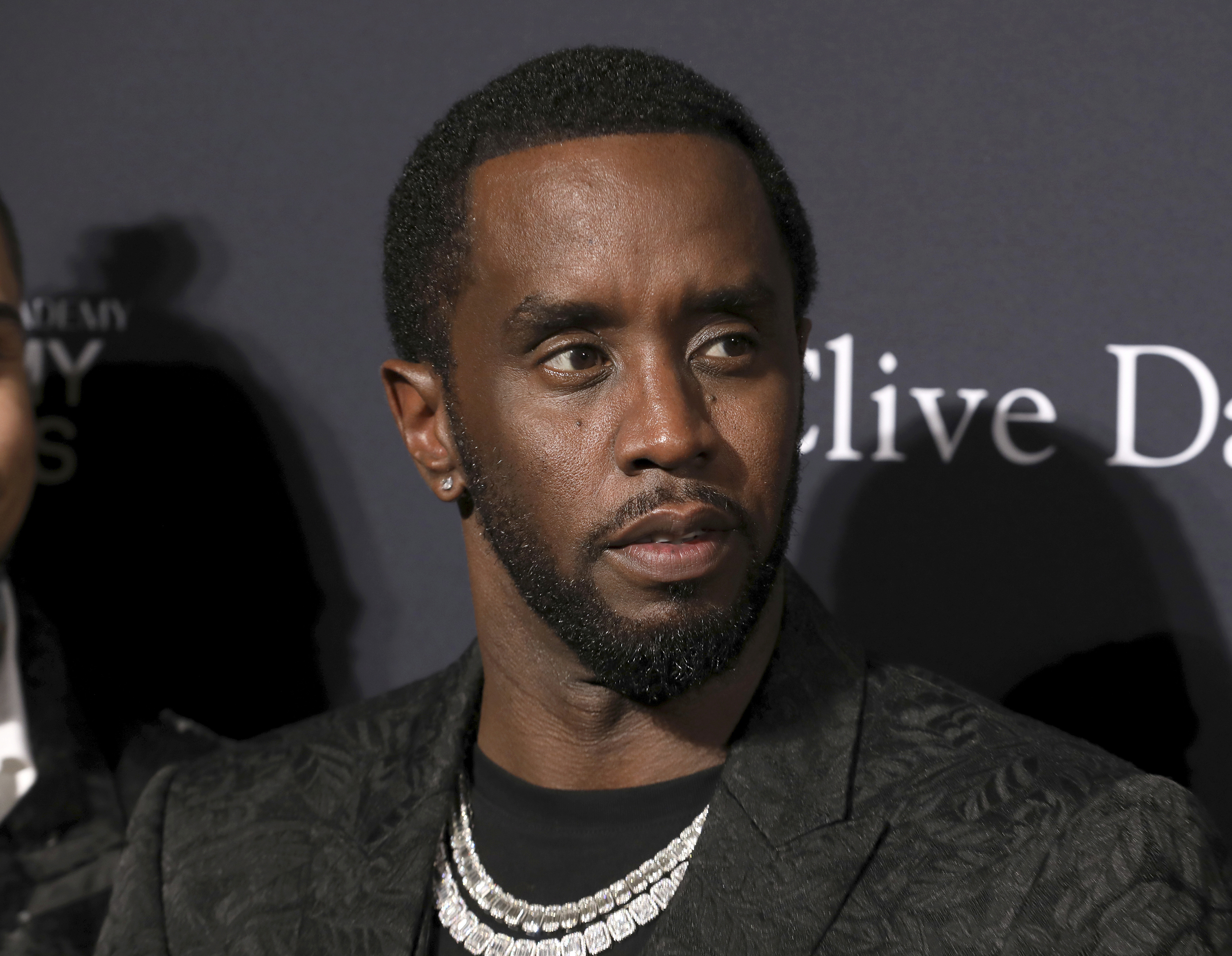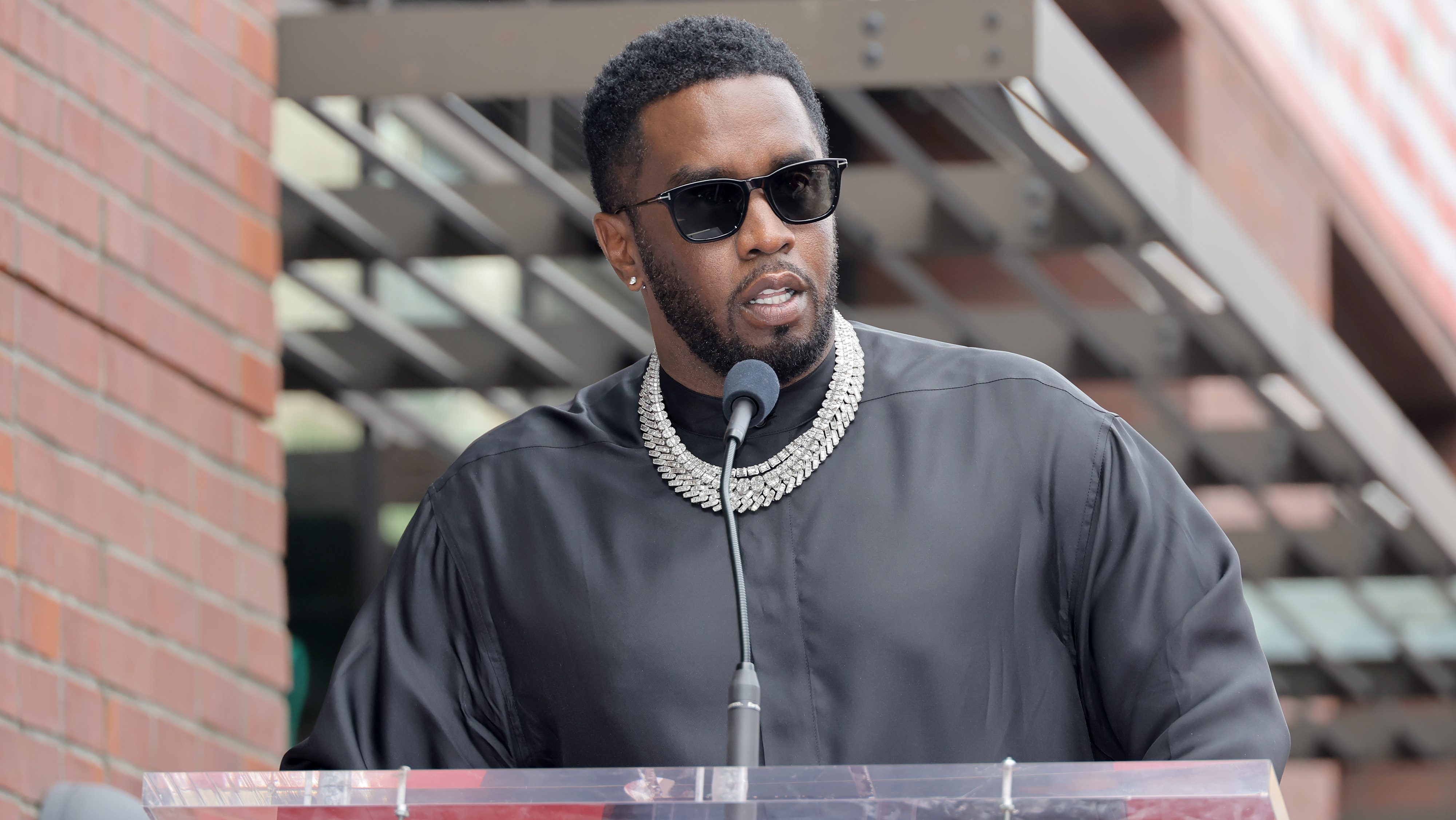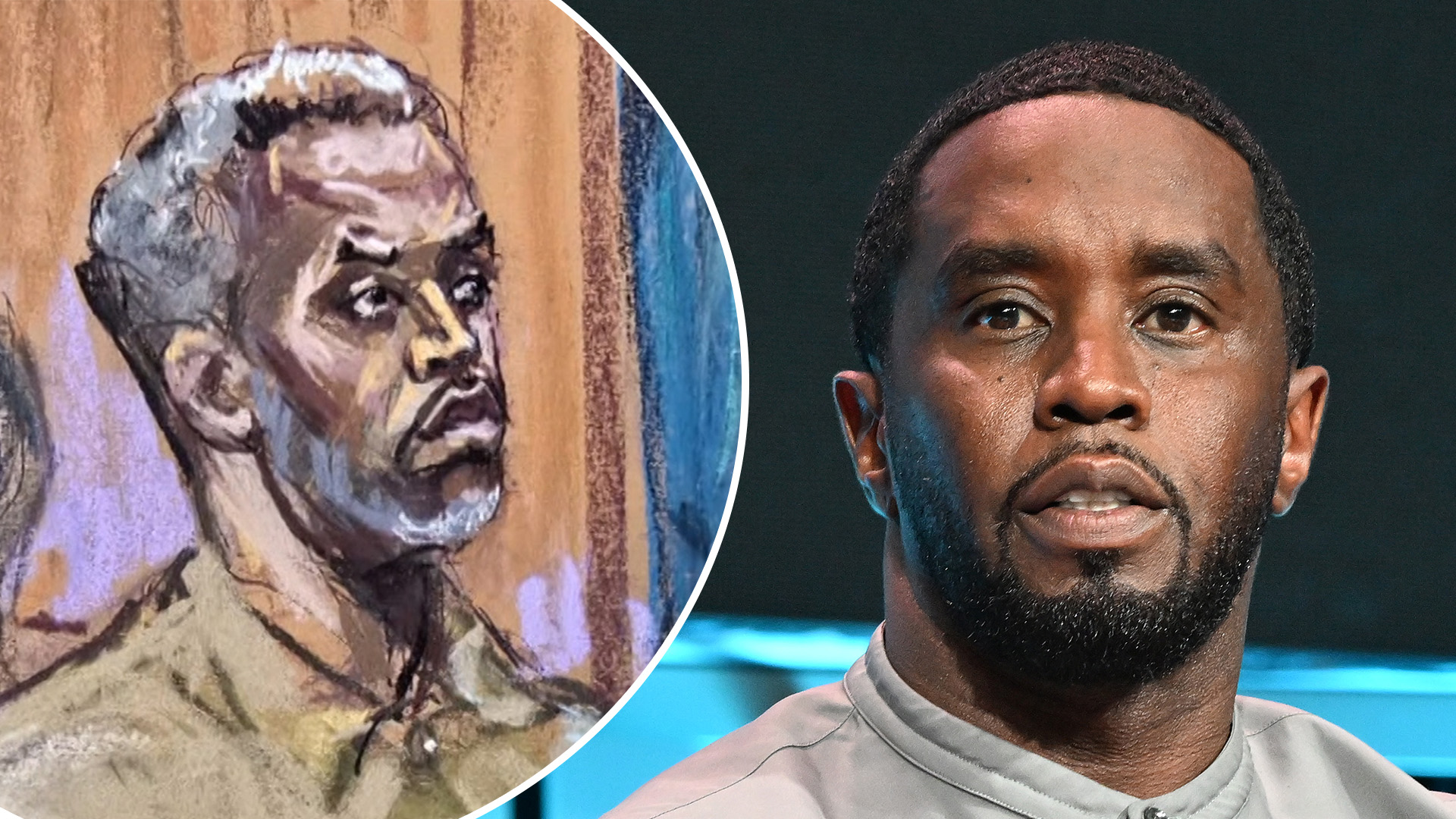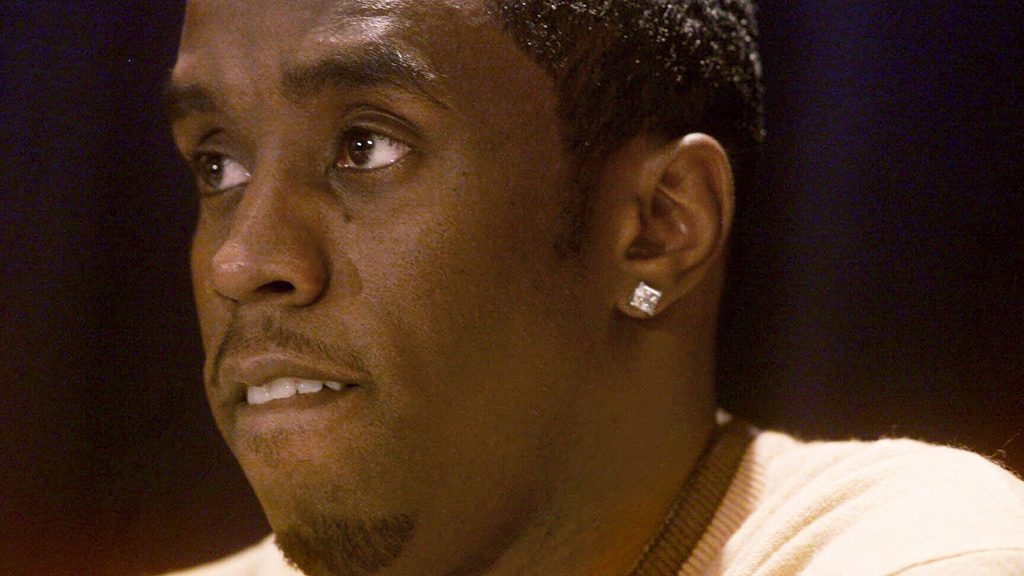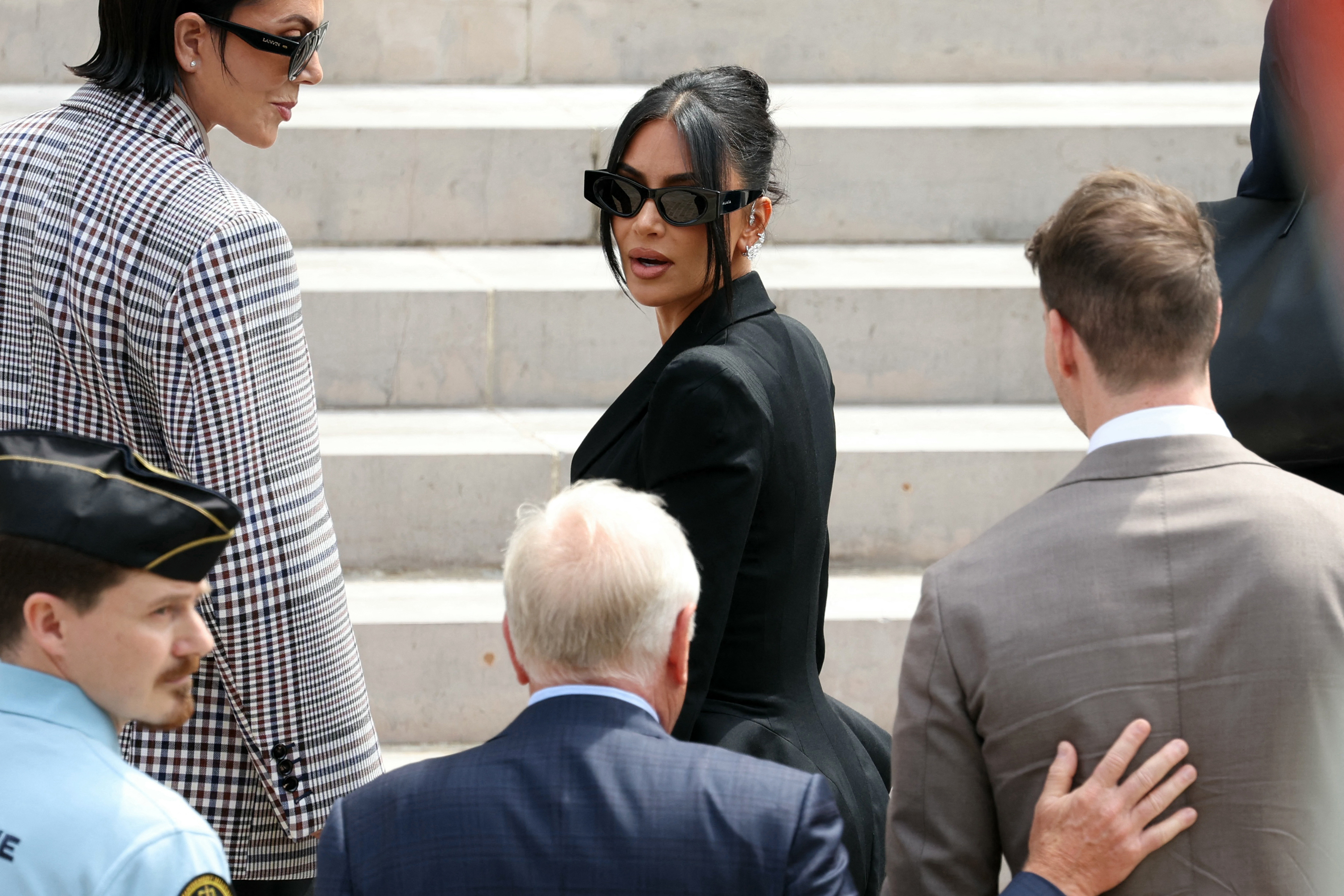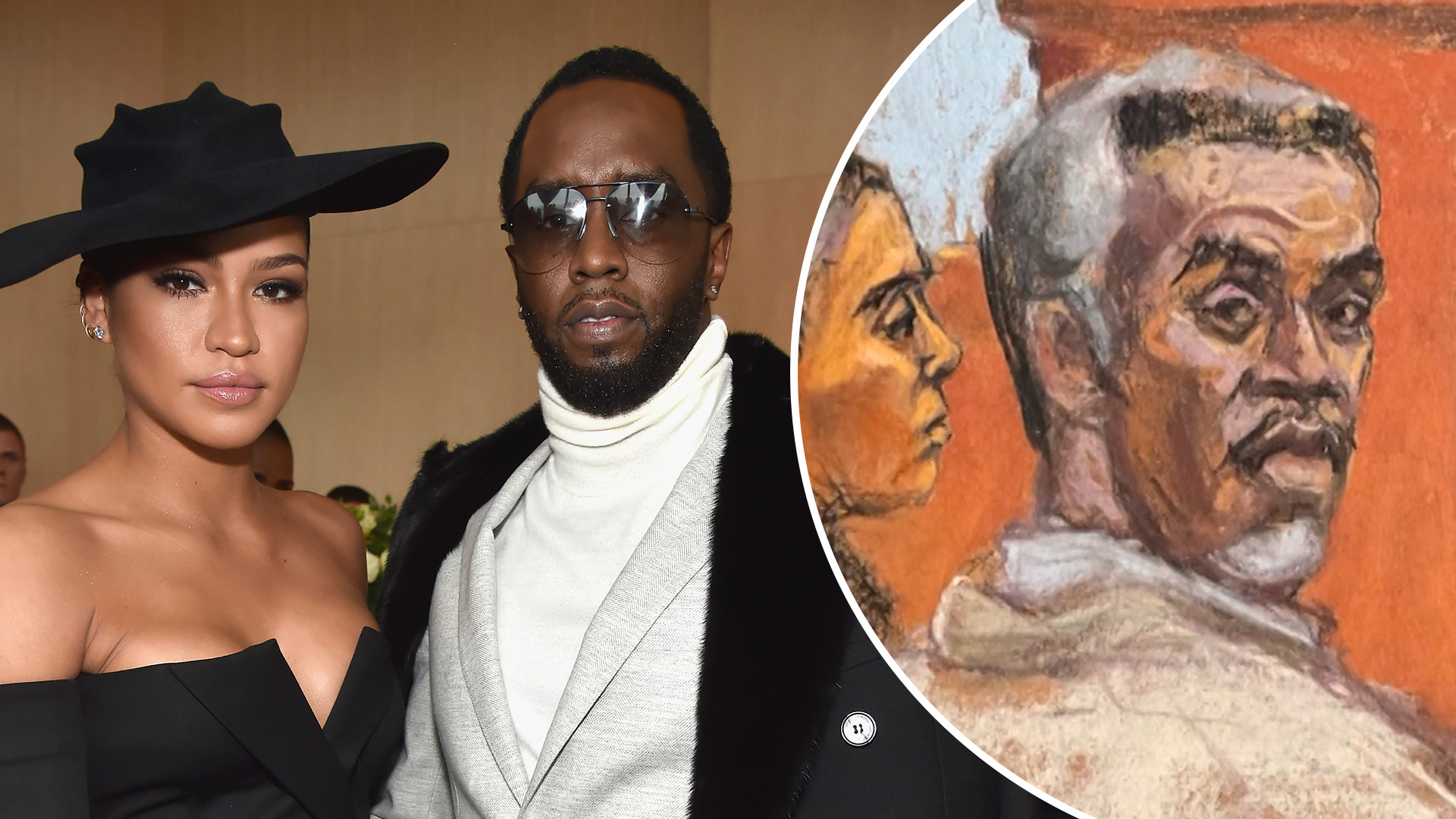Kim K Paris Heist Trial: Everything You Need to Know
Kim Kardashian's Paris Heist: Justice Delayed, But Not Denied
Introduction: A Nightmare in Paris
It feels like just yesterday the world was buzzing about Kim Kardashian's terrifying ordeal in Paris. Can you believe it's been almost a decade since that fateful night? In 2016, the reality TV icon experienced a horrific robbery that shook her to her core. Tied up and gagged in her luxury hotel room, she was left to endure a nightmare while thieves made off with millions of dollars' worth of her precious jewelry. Now, after years of investigation, a trial is finally on the horizon. Let's dive into everything you need to know about the Kim Kardashian Paris jewelry heist and the ensuing trial that’s about to unfold.
The Night of the Robbery: A Step-by-Step Breakdown
The robbery took place at the Hôtel de Pourtalès, a discreet and exclusive residence in Paris, during the early hours of October 3, 2016. Kim was in town for Paris Fashion Week, a whirlwind of glamorous events and public appearances. Little did she know that this trip would turn into a real-life horror movie.
- The Intrusion: Five masked men, posing as police officers, gained entry to the building.
- Forced Entry: They reportedly forced their way into Kim's apartment.
- The Confrontation: Kim was confronted, tied up, and gagged. Imagine the sheer terror she must have felt!
- The Loot: The thieves made off with an estimated $10 million worth of jewelry, including her engagement ring.
- The Aftermath: After the robbers fled, Kim managed to free herself and alert the authorities.
The Victims: More Than Just Jewelry
While the monetary value of the stolen jewelry was substantial, the real impact of the robbery went far beyond dollars and cents. Kim Kardashian has openly discussed the psychological trauma she experienced in the aftermath of the incident.
The Emotional Toll on Kim Kardashian
"It shook me to my core," Kim revealed in a recent episode of "The Kardashians" on Hulu. The robbery forced her to re-evaluate her priorities and take a step back from the spotlight. She spoke candidly about struggling with anxiety and PTSD. It served as a harsh reminder that even fame and fortune can’t shield you from vulnerability.
The Impact on Her Family
The robbery also had a profound impact on her family, especially her children. They too had to grapple with the unsettling reality of their mother's near-death experience. Security protocols were ramped up significantly, and the entire family became more guarded.
The Suspects: A Cast of Characters
The investigation into the Paris robbery led to the arrest of several suspects, a group of individuals with a wide range of backgrounds. Here's a brief overview of the main players:
- Aomar Ait Khedache (aka "Omar the Old"): Alleged mastermind behind the robbery.
- Didier Dubreucq: Suspected accomplice and fence for the stolen jewelry.
- Yunice Abbas: One of the men who allegedly tied up Kim Kardashian.
- Francois D.: A suspect involved in planning and execution.
- The Female Suspect: One woman is among the accused. The roles of all suspects are yet to be revealed fully at trial.
The Charges: What Are They Accused Of?
The suspects face a range of charges related to the robbery, including:
- Armed robbery in an organized gang
- Kidnapping and sequestration
- Criminal association
- Dealing in stolen goods
Convictions could result in lengthy prison sentences. The trial will determine their culpability and the severity of their punishments.
The Evidence: What Do Prosecutors Have?
Prosecutors have spent years gathering evidence to build a solid case against the suspects. This evidence includes:
- DNA Evidence: Forensic analysis linked some suspects to the crime scene.
- Surveillance Footage: Security cameras captured the robbers' movements.
- Confessions: Some of the suspects have reportedly confessed to their involvement.
- Testimonies: Witnesses have provided valuable information about the robbery.
- Kim Kardashian's Testimony: Her account of the events will be crucial.
The Trial: What to Expect
The trial is expected to be a lengthy and closely watched affair. With so many suspects and complex legal issues, the proceedings could last for weeks or even months.
Kim Kardashian's Testimony
Kim Kardashian is set to give in-person testimony on May 13. Her account of the robbery will be pivotal in establishing the facts and identifying the perpetrators. She will likely recount the harrowing details of the night, describing the fear and trauma she experienced. Her testimony will undoubtedly be the centerpiece of the trial.
Media Frenzy
Given the high-profile nature of the case, the trial is expected to attract significant media attention. Journalists from around the world will be present to cover the proceedings, and the trial will be widely reported on in news outlets and social media. Be prepared for a media circus!
The Stolen Jewelry: Where Is It Now?
Despite the arrests and investigations, the majority of the stolen jewelry remains unrecovered. The whereabouts of the missing pieces are a mystery, and it's possible that they have been sold off or hidden away. The fate of Kim Kardashian's stolen jewels is one of the enduring questions surrounding this case.
The Hôtel de Pourtalès: A Magnet for High-Profile Guests
The Hôtel de Pourtalès, where the robbery took place, is a discreet and exclusive residence that has hosted numerous celebrities and VIPs over the years. Its reputation for privacy and luxury made it a popular choice for high-profile guests seeking anonymity.
Luxury and Secrecy
The hotel's appeal lies in its commitment to discretion and its opulent accommodations. It offers a level of privacy that is unmatched by traditional hotels, making it a favorite among celebrities who value their anonymity. The location provided a false sense of security that was shattered during the robbery.
The Parisian Underworld: A Glimpse Into Criminal Networks
The Kim Kardashian robbery offered a glimpse into the intricate criminal networks that operate in Paris and beyond. The suspects involved in the robbery have ties to organized crime and have been involved in other high-profile heists.
A History of Crime
Some of the suspects have extensive criminal records, with convictions for armed robbery, drug trafficking, and other offenses. Their involvement in the Kim Kardashian robbery highlights the sophistication and reach of these criminal networks. The trial may expose the inner workings of these organizations.
The Global Reach: International Implications
The Kim Kardashian robbery had international implications, raising concerns about security for celebrities and high-profile individuals traveling abroad. The incident prompted a review of security protocols at luxury hotels and residences around the world. It also highlighted the need for greater cooperation between law enforcement agencies in different countries.
Security Measures: Learning From the Past
In the wake of the robbery, Kim Kardashian and her family have taken extensive measures to enhance their security. They have hired a team of highly trained security professionals, installed state-of-the-art surveillance systems, and adopted stricter travel protocols.
Increased Security Detail
Kim Kardashian is now accompanied by a security detail at all times, both in public and in private. Her security team includes former law enforcement officers and military personnel who are trained to handle a wide range of threats. Their presence is a constant reminder of the dangers she faces.
The Lasting Impact: A Changed Perspective
The Paris robbery had a profound and lasting impact on Kim Kardashian, changing her perspective on life and her priorities. She has become more cautious about sharing details of her personal life on social media, and she has focused on using her platform to advocate for issues that are important to her.
A Lesson Learned
The robbery served as a wake-up call for Kim Kardashian, forcing her to confront her own vulnerability and the risks associated with her public persona. She has emerged from the experience with a greater sense of purpose and a renewed commitment to using her influence for good. It was a painful lesson, but one that has shaped her into a stronger and more resilient person.
Conclusion: Justice is Coming
The Kim Kardashian Paris jewelry heist was a shocking crime that captured the world's attention. Now, almost a decade later, the suspects are finally facing justice. The trial promises to be a high-profile affair, with Kim Kardashian's testimony as the centerpiece. While the stolen jewelry remains largely unrecovered, the trial offers a chance for closure and accountability. Regardless of the outcome, the robbery serves as a stark reminder of the risks that celebrities face and the importance of security. This trial is not just about Kim Kardashian; it's about justice, accountability, and the long arm of the law.
Frequently Asked Questions (FAQs)
- What was the total value of the jewelry stolen in the Paris robbery?
The estimated value of the stolen jewelry was approximately $10 million, including Kim Kardashian's engagement ring.
- How many suspects are going to trial in connection with the robbery?
Ten suspects are going to trial: nine men and one woman, all of whom prosecutors have linked to the incident.
- Will Kim Kardashian be testifying in person at the trial?
Yes, Kim Kardashian is scheduled to provide in-person testimony on May 13. Her account is considered critical to the prosecution's case.
- Has any of the stolen jewelry been recovered?
Unfortunately, most of the stolen jewelry remains unrecovered. The whereabouts of the missing pieces are still unknown.
- What charges are the suspects facing in the trial?
The suspects face charges including armed robbery in an organized gang, kidnapping and sequestration, criminal association, and dealing in stolen goods.
